President Donald Trump recently called out foreign countries, including Canada, for free-riding on drug prices. Trump is right to criticize the Canadian government for artificially lowering drug prices and hampering innovation, says an article by Canada’s Financial Post.
Most foreign governments cap drug prices and force drug manufacturers to comply with their rules in return for market access. Through this leverage, foreign governments can push for lower drug prices, which then erode the profits of pharmaceutical companies.
This leaves U.S. citizens to bear much of the development and approval costs of new medicines, according to Owens and Ezell.
In May, the Trump administration rolled out a plan to lower drug prices for American consumers. As part of the blueprint, Trump directed U.S. Trade Representative Bob Lighthizer to fix this drug price injustice with every trading partner.
“When foreign governments extort unreasonably low prices from U.S. drug makers, Americans have to pay more to subsidize the enormous cost of research and development,” said Trump on May 11 at the White House.
“In some cases, medicine that costs a few dollars in a foreign country costs hundreds of dollars in America for the same pill, with the same ingredients, in the same package, made in the same plant. And that is unacceptable,” Trump continued, calling other countries “freeloaders.”
Canada’s patented-drug pricing policies are a disaster, said Owens and Ezell, adding that Canada wants innovation without paying its fair share.
“If all countries paid their fair shares for novel medicines, we’d all have more of them.”
According to a Brookings Institution report, a 20 percent drug price increase in Europe can provide greater levels of medical innovation that can lead to welfare gains of $10 trillion for North Americans and $7.5 trillion for Europeans over the next 50 years, reflecting improved life quality and reduced health care costs.
“We do not suggest that Canada abandon impoverished patients who cannot afford sophisticated medicines,” said Owens and Ezell. “Rather, that the burden of supporting them should fall on Canadians, not on drug companies—and not on American patients.”
Trump said foreign countries would not cheat the United States any longer.
Besides fixing the drug price differences between the United States and the other countries, he asked his administration to ensure that generic drugs are sold at a reasonable price in the United States.
One of the main objectives of his blueprint is to increase competition in the U.S. generic drug market. Generic drugs are copies of brand-name drugs that are marketed after the brand-name patents expire. The blueprint also aims to improve price transparency and provide private consumers with the tools to negotiate more reasonable prices.
The administration is also making it a high priority to ensure that generic drugs are approved on a faster timeline.
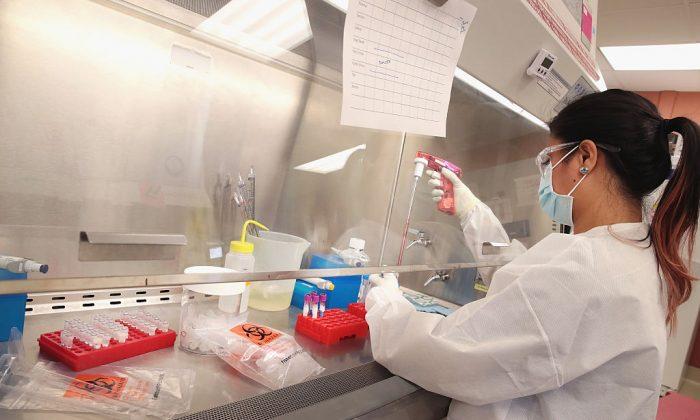

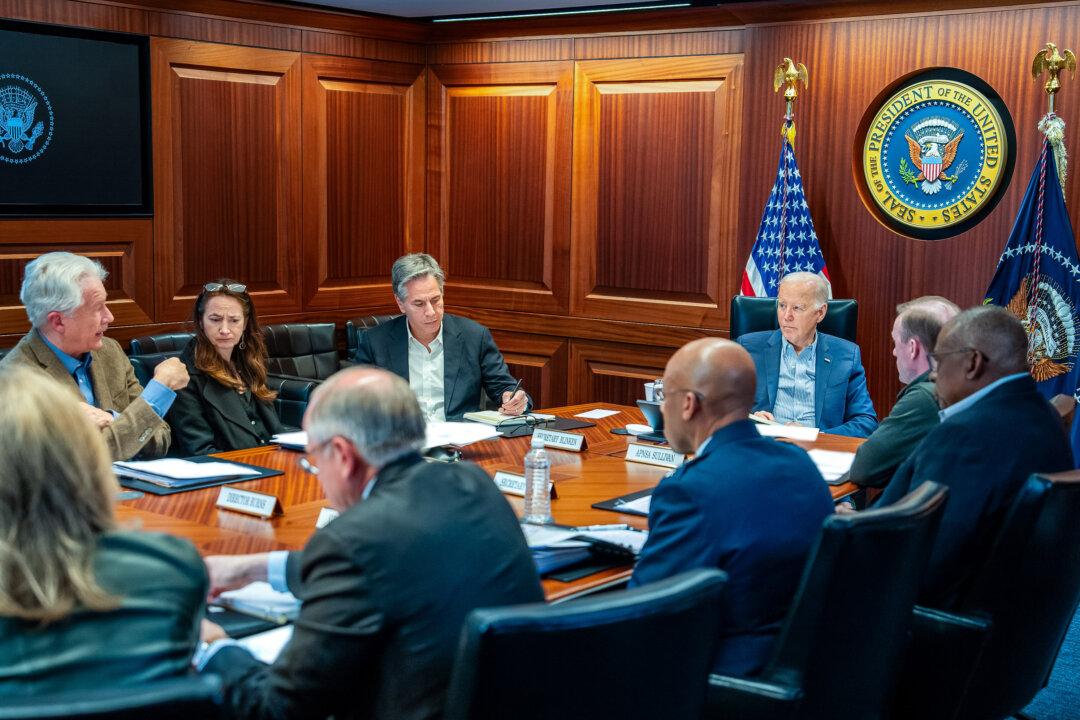
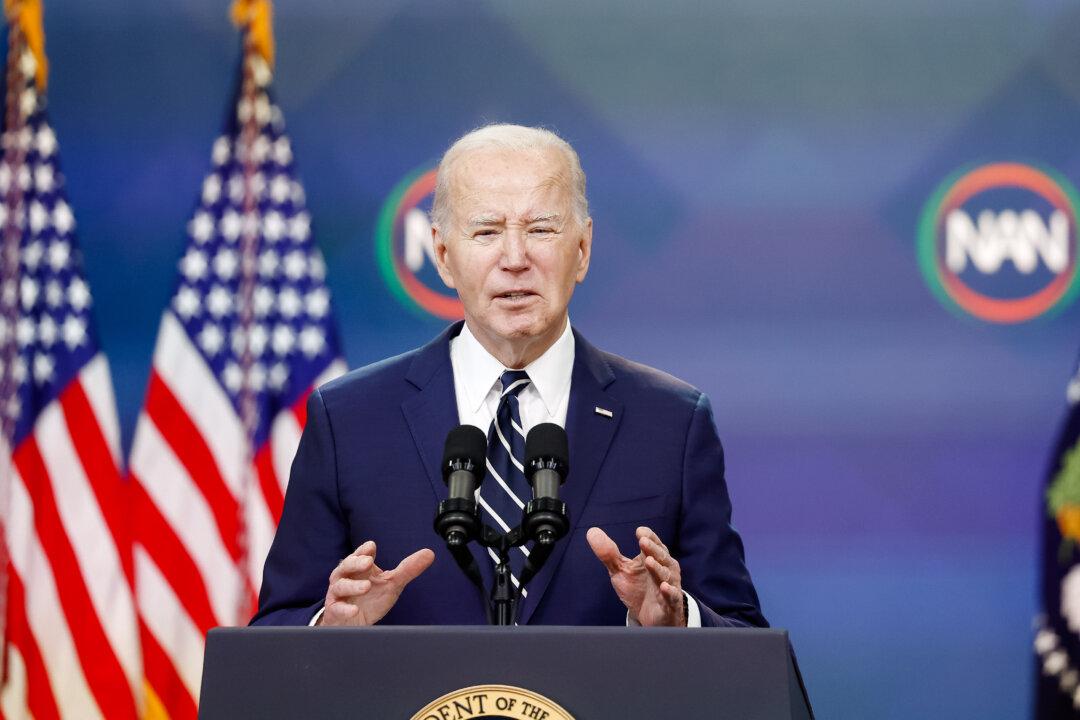
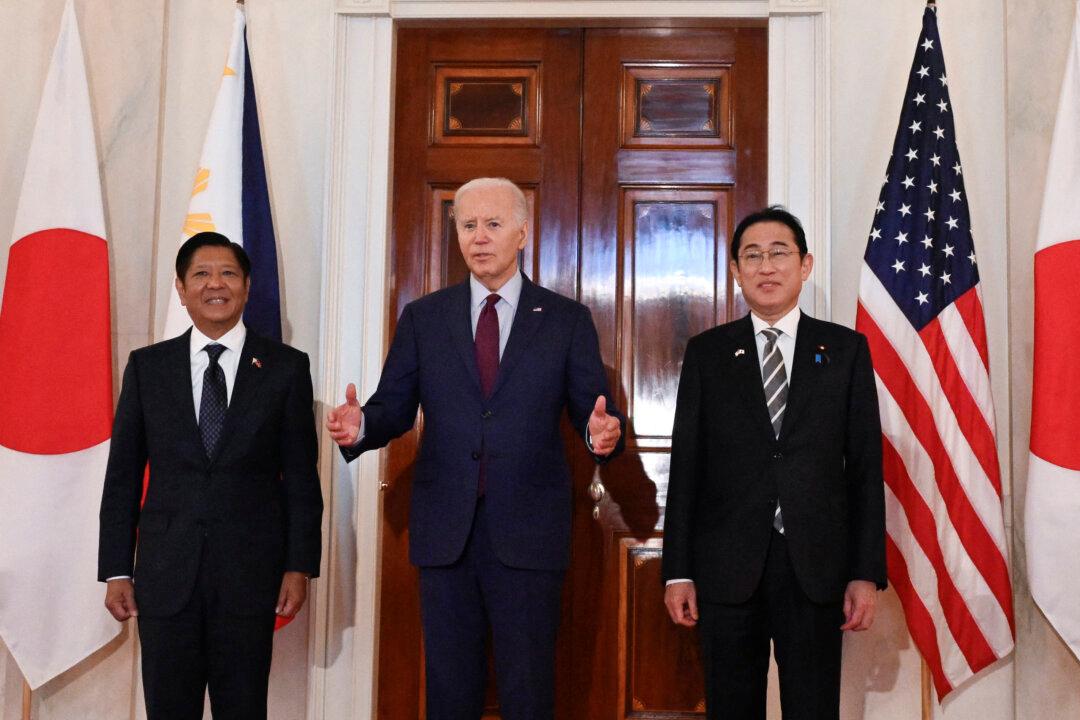
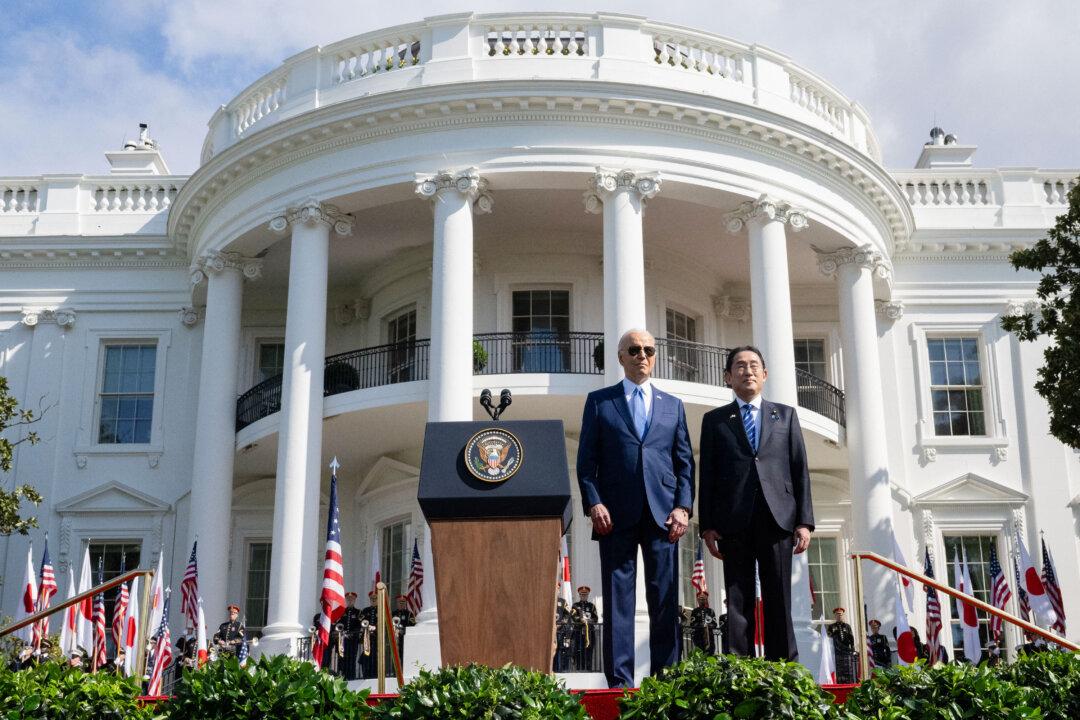
Friends Read Free